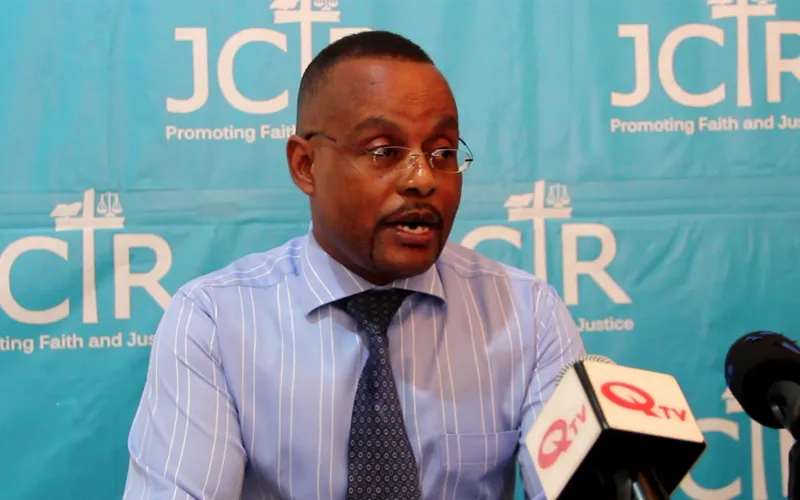Lusaka, 19 March, 2022 / 9:00 pm (ACI Africa).
Strategies in Zambian President’s State of the Nation Address that touched on, among other issues, the fostering of constitution reforms and tackling climate change, are a “step in the right direction,” officials of the Jesuit Centre for Theological Reflection (JCTR) have said.
In his Friday, March 11 State of the Nation Address (SONA), President Hakainde Hichilema said his administration is committed to tackling climate change and corruption.
The Zambian President further said his government will work towards ending child marriages and teenage pregnancies, reducing the abuse of Information and Communication Technology (ICT), and doing away with perennial and costly by-elections.
“Generally, the commitment and strategies highlighted in the SONA to enhance national development are a step in the right direction,” officials of the Zambia-based research institution say in their Tuesday, March 15 statement.
They add that President Hichilema’s address “sets a baseline on which various stakeholders will further monitor and evaluate the government's mandate to cultivate and uphold the nation's values and principles.”








